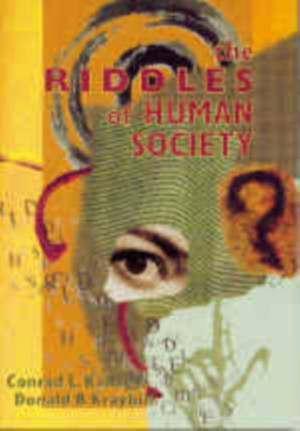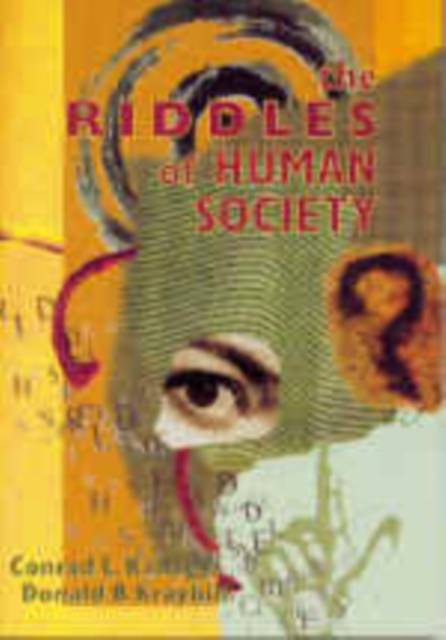
- Afhalen na 1 uur in een winkel met voorraad
- Gratis thuislevering in België vanaf € 30
- Ruim aanbod met 7 miljoen producten
- Afhalen na 1 uur in een winkel met voorraad
- Gratis thuislevering in België vanaf € 30
- Ruim aanbod met 7 miljoen producten
Zoeken
€ 253,45
+ 506 punten
Omschrijving
Why are all U.S. Presidents white men? Why does technology enchant us? Why do some people commit suicide? Why are sports so important to Americans? How will the Internet change society? Why do people ′do good′? This very teachable and short new introductory text explores these and other ′riddles′ to stir students′ sociological curiosity and promote active learning as the sure path toward mastering the fundamentals of the discipline. "Once again, Pine Forge Press has done us Intro teachers a great service with The Riddles of Human Society. The authors have produced a remarkable text, designing it from the point of view of how students actually acquire sociological tools and imagination when reflecting on their social world. ... It is written as a conversation with readers, yet is organized with learning tools like chapter summaries, discussion questions, and an in-text glossary. It considers a broad range of topics from micro to macro levels, thus uniquely blending the best of a shorter textbook and a monograph. It will serve very well as a main text for introductory sociology courses. I recommend it highly." Stephen Sharkey, Department of Social Science, Alverno College
Specificaties
Betrokkenen
- Auteur(s):
- Uitgeverij:
Inhoud
- Aantal bladzijden:
- 400
- Taal:
- Engels
Eigenschappen
- Productcode (EAN):
- 9780761985624
- Verschijningsdatum:
- 1/01/1999
- Uitvoering:
- Paperback
- Formaat:
- Trade paperback (VS)
- Afmetingen:
- 166 mm x 234 mm
- Gewicht:
- 544 g

Alleen bij Standaard Boekhandel
+ 506 punten op je klantenkaart van Standaard Boekhandel
Beoordelingen
We publiceren alleen reviews die voldoen aan de voorwaarden voor reviews. Bekijk onze voorwaarden voor reviews.











